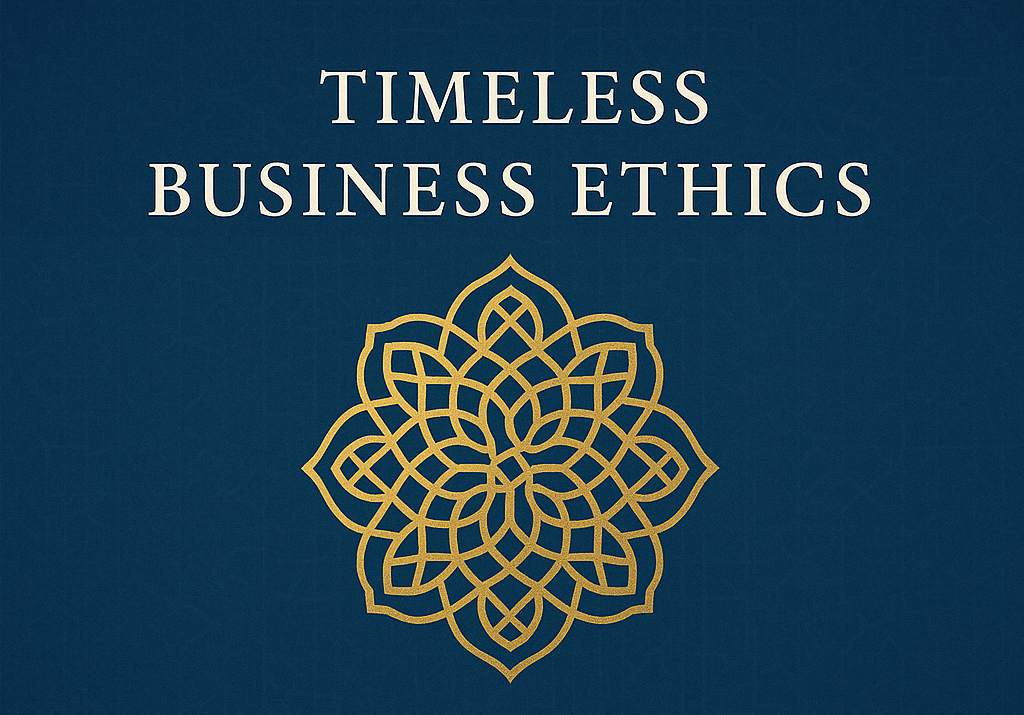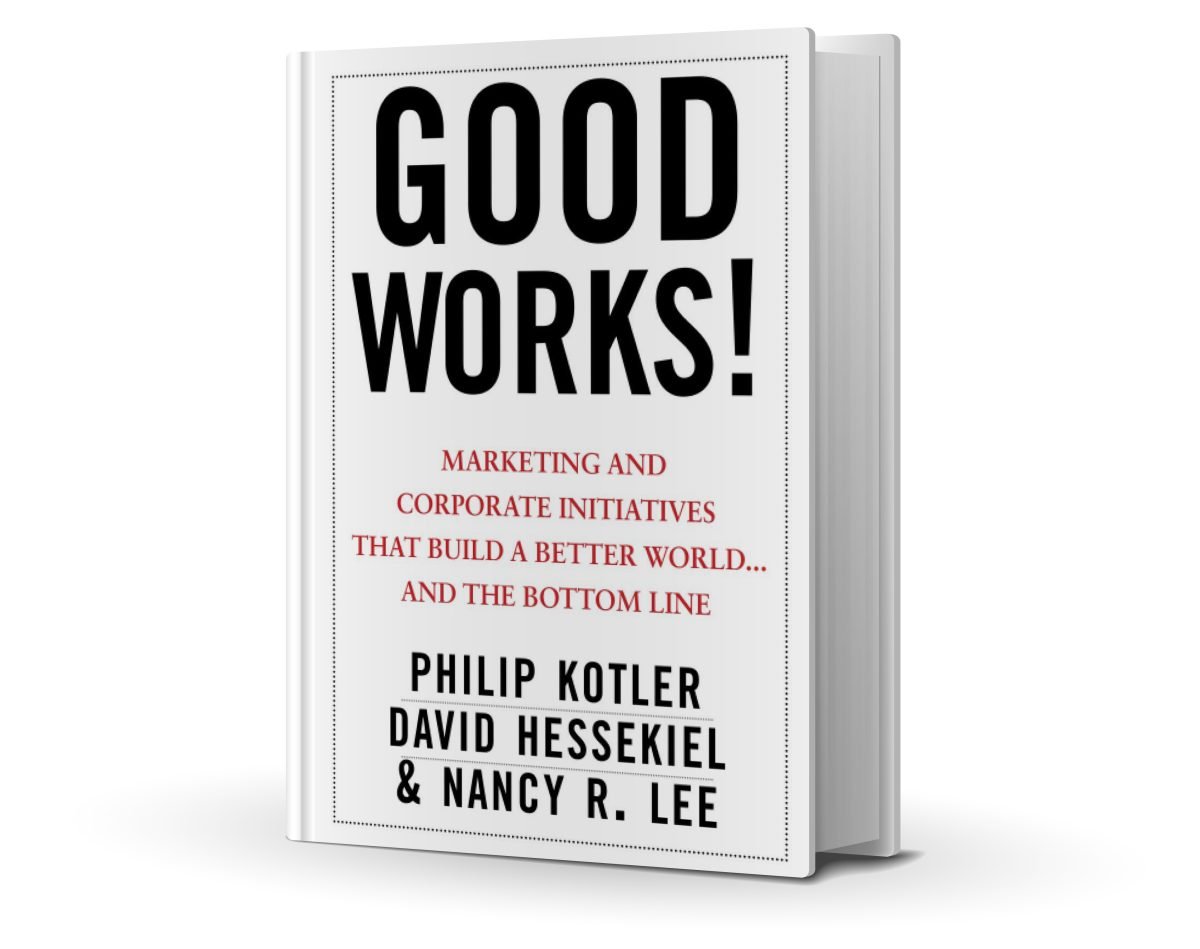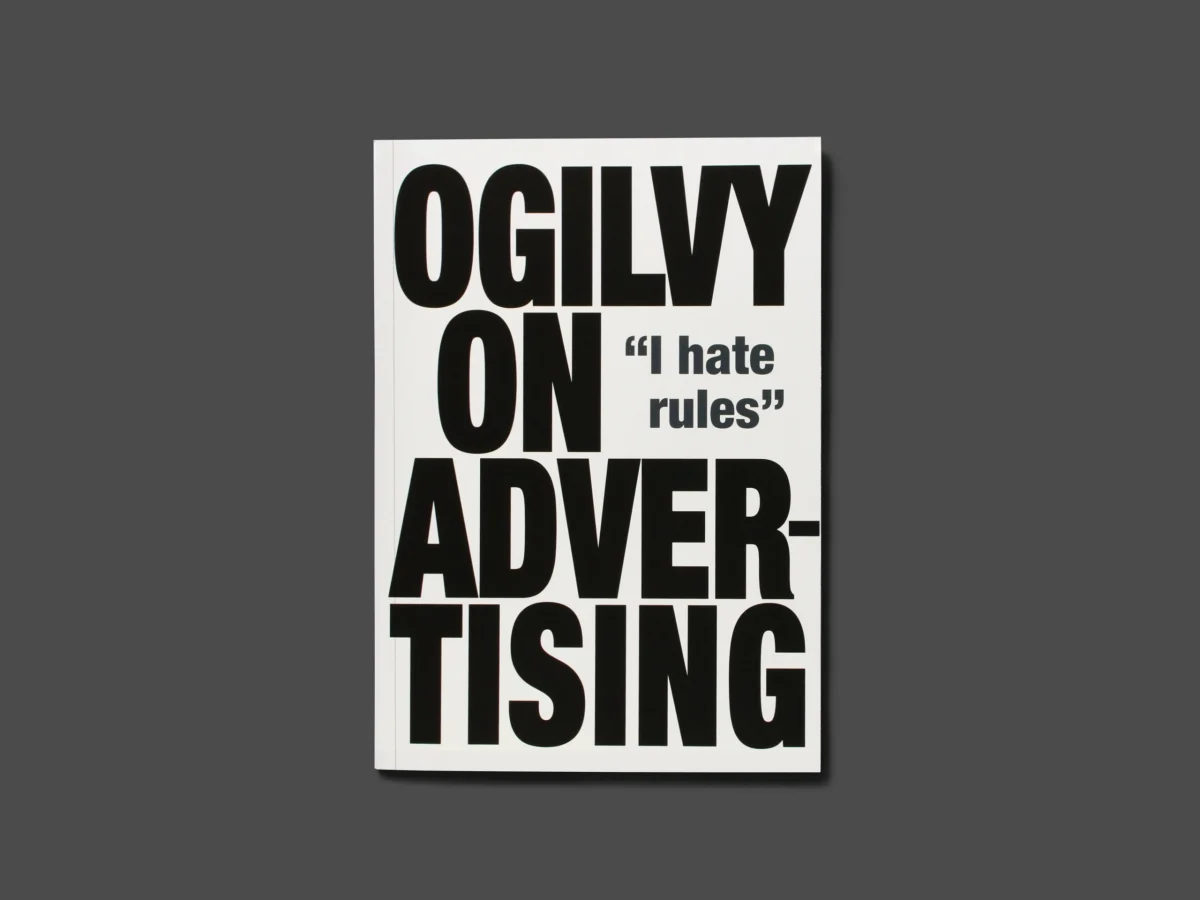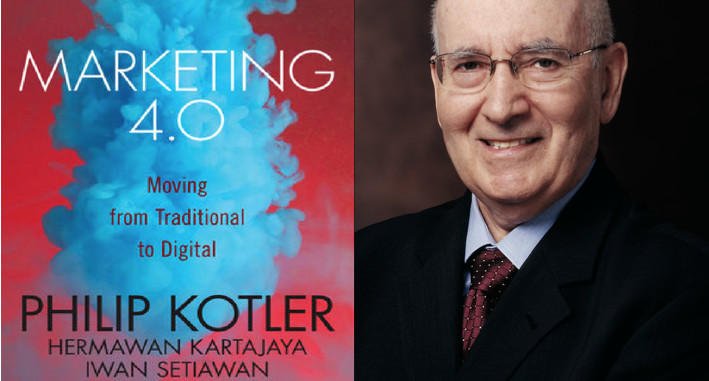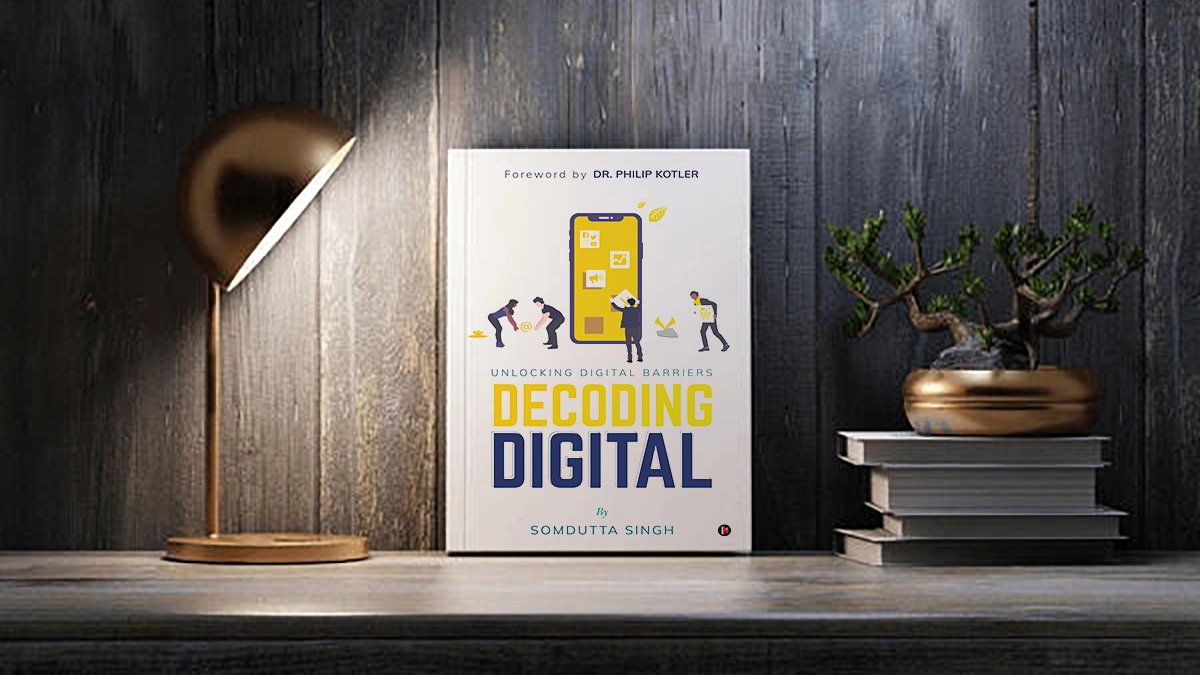Business and management ethics from the life of Prophet Muhammad ﷺ offer timeless principles that align with integrity, fairness, and social responsibility. His life as a merchant before prophethood and as a leader after offers valuable lessons for modern professionals, entrepreneurs, and managers. Here’s a breakdown of the key ethics we can learn from him:
1. Honesty & Truthfulness (Sidq)
Prophet Muhammad ﷺ was famously known as As-Sadiq (The Truthful)—even by his enemies. His honesty in trade set the gold standard for Islamic business ethics.
Core Teaching:
“Truthfulness leads to righteousness, and righteousness leads to Paradise.” – (Bukhari & Muslim)
“He who deceives us is not of us.” – (Muslim)
Business Applications:
- Transparent Transactions: No lying about quality, pricing, or availability.
- Truth in Marketing: No exaggerated claims or hidden terms.
- Sincere Negotiations: Fair pricing without manipulation.
- Honest Internal Dealings: No false promises to clients, staff, or partners.
Benefits in Business:
- Builds trust and reputation
- Leads to customer loyalty
- Attracts long-term success over short-term gain
- Upholds spiritual integrity and professional excellence
2. Trustworthiness (Amanah)
Prophet Muhammad ﷺ was called Al-Ameen (The Trustworthy) — people entrusted him with their wealth, secrets, and trade goods even before he became a prophet.
Core Teaching:
“When a man is made a trustee and he does not fulfill his trust, he will meet Allah as a thief.” – (Ibn Hibban)
Business Applications:
- Fulfilling Commitments: Deliver what you promise—on time, in full.
- Protecting Assets: Handle clients’ money, data, or goods responsibly.
- Confidentiality: Never misuse or leak sensitive business information.
- Fair Delegation: Assign tasks based on competence and reliability.
Benefits in Business:
- Builds long-term credibility
- Strengthens employee and client relationships
- Reduces conflict and improves team performance
- Reflects high moral character and earns respect
3. Internal Honesty (with Employees and Teams)
Prophet Muhammad ﷺ led with sincerity and openness, never misleading his companions or hiding the truth—even when it was difficult. His leadership was built on trust and clarity.
Core Teaching:
“Each of you is a shepherd, and each of you is responsible for his flock.” – (Bukhari & Muslim)
Business Applications:
- Clear Communication: Be upfront about goals, challenges, and expectations.
- No False Promises: Avoid misleading employees with fake hopes (e.g., promotions, raises).
- Transparent Policies: Ensure fairness in salaries, appraisals, and disciplinary actions.
- Constructive Feedback: Offer honest performance reviews with kindness and respect.
Benefits in Business:
- Builds a culture of trust and loyalty
- Increases team morale and motivation
- Reduces miscommunication and workplace politics
- Encourages accountability and mutual respect
4. Compassion in Management
Prophet Muhammad ﷺ led with a heart full of mercy. He treated others—followers, workers, and even opponents—with kindness, understanding, and dignity.
Core Teaching:
“Be merciful to those on the earth, and the One above the heavens will have mercy upon you.” – (Tirmidhi)
“Make things easy, not difficult; bring glad tidings, don’t repel people.” – (Bukhari & Muslim)
Business Applications:
- Empathetic Leadership: Listen and support employees during personal or professional hardships.
- Fair Workload: Avoid overburdening staff and respect their well-being.
- Grace in Mistakes: Correct errors with patience, not punishment.
- People-Centric Culture: Prioritize human dignity over profit.
Benefits in Business:
- Boosts loyalty, morale, and productivity
- Fosters a positive and supportive workplace
- Reduces turnover and stress
- Builds a reputation as a respectful and caring leader
5. Generosity Without Greed
Prophet Muhammad ﷺ was remarkably generous—even when he had little. He gave without expecting return and encouraged giving as a path to blessings and growth.
Core Teaching:
“Wealth is not diminished by charity.” – (Muslim)
“The best of people are those who are most beneficial to others.” – (Daraqutni)
Business Applications:
- Fair Compensation: Pay employees and vendors promptly and fairly.
- Support the Needy: Give back through charitable initiatives or community support.
- Share Success: Reward teams, share profits, and celebrate contributions.
- Abundance Mindset: Focus on value creation, not hoarding wealth.
Benefits in Business:
- Inspires employee loyalty and customer goodwill
- Builds a reputation for integrity and heart
- Creates barakah (blessing) in income
- Encourages a healthy, giving corporate culture
6. Accountability (Muhasabah)
Prophet Muhammad ﷺ regularly reflected on his actions and encouraged self-evaluation. He taught that leaders and individuals are answerable to both people and Allah for their behavior.
Core Teaching:
“Take account of yourselves before you are taken to account.” – (Umar ibn Al-Khattab, inspired by the Prophet’s teachings)
“Every one of you is a shepherd, and every one of you is answerable for his flock.” – (Bukhari & Muslim)
Business Applications:
- Regular Reviews: Evaluate business performance and leadership decisions.
- Transparent Reporting: Keep clear, honest records for all stakeholders.
- Admit & Correct Mistakes: Take responsibility instead of shifting blame.
- Ethical Auditing: Monitor operations to ensure fairness and compliance.
Benefits in Business:
- Builds trust and credibility
- Fosters a culture of responsibility
- Drives continuous improvement
- Aligns actions with values and purpose
7. Knowledge & Continuous Learning
Prophet Muhammad ﷺ emphasized seeking knowledge as a lifelong duty. He taught that learning uplifts individuals and societies—spiritually, morally, and practically.
Core Teaching:
“Seeking knowledge is an obligation upon every Muslim.” – (Ibn Majah)
“He who treads a path in search of knowledge, Allah will make easy for him the path to Paradise.” – (Muslim)
Business Applications:
- Continuous Training: Encourage professional development for teams.
- Stay Updated: Follow market trends, tools, and technologies.
- Learn from Failures: Turn mistakes into lessons, not regrets.
- Promote a Learning Culture: Support curiosity, research, and new ideas.
Benefits in Business:
- Fuels innovation and growth
- Increases team capability and confidence
- Strengthens decision-making and adaptability
- Builds a future-ready organization
8. No Interest (Riba) & Ethical Profit
Prophet Muhammad ﷺ strictly prohibited riba (usury/interest) and unethical profit practices. Islam promotes profit through value creation, fairness, and mutual benefit, not exploitation.
Core Teaching:
“Allah has permitted trade and forbidden riba.” – (Qur’an 2:275)
“The best earnings are from honest labor and fair trade.” – (Ahmad)
Business Applications:
- Avoid Exploitation: No excessive markups, hidden fees, or deceptive pricing.
- Fair Financing: Use profit-sharing or ethical investment models instead of interest-based loans.
- Value-Based Pricing: Charge based on quality and service, not desperation.
- Ethical Deals: Ensure fairness for all parties—buyers, sellers, and partners.
Benefits in Business:
- Ensures blessing (barakah) in earnings
- Builds a reputation for integrity
- Encourages sustainable and just growth
- Strengthens trust with clients and communities
9. Conflict Resolution with Wisdom
Prophet Muhammad ﷺ was a master of resolving conflicts with calmness, fairness, and emotional intelligence. He united tribes, settled disputes, and maintained peace through diplomacy over dominance.
Core Teaching:
“The strong is not the one who overcomes others by force, but the one who controls himself in anger.” – (Bukhari & Muslim)
He ﷺ resolved the dispute over placing the Black Stone by suggesting a shared solution, satisfying all parties.
Business Applications:
- Listen First: Understand all sides before acting.
- Stay Neutral: Don’t let ego, favoritism, or emotion cloud judgment.
- Seek Win-Win: Aim for solutions that benefit all, not just one party.
- Use Calm Language: De-escalate with respect, not retaliation.
Benefits in Business:
- Maintains team harmony and morale
- Prevents legal or PR issues
- Builds respectful and inclusive work culture
- Enhances leadership credibility
10. Inclusivity & Diversity
Prophet Muhammad ﷺ embraced people of all backgrounds—rich or poor, Arab or non-Arab, men and women—treating each with equal respect and dignity. He built a community based on merit, character, and fairness.
Core Teaching:
“No Arab is superior to a non-Arab, nor is a non-Arab superior to an Arab… except by righteousness.” – (Prophet’s Last Sermon)
Bilal (a former slave) became the Mu’azzin (caller to prayer)—an honor based on faith, not status.
Business Applications:
- Equal Opportunity: Hire and promote based on talent, not race, gender, or status.
- Inclusive Culture: Respect different cultures, languages, and beliefs in the workplace.
- Collaborative Teams: Value diverse viewpoints in decision-making and innovation.
- No Discrimination: Implement policies that actively prevent bias or unfair treatment.
Benefits in Business:
- Drives innovation through diverse thinking
- Attracts top talent from all backgrounds
- Builds a global, adaptable brand
- Creates a just and empowering environment
